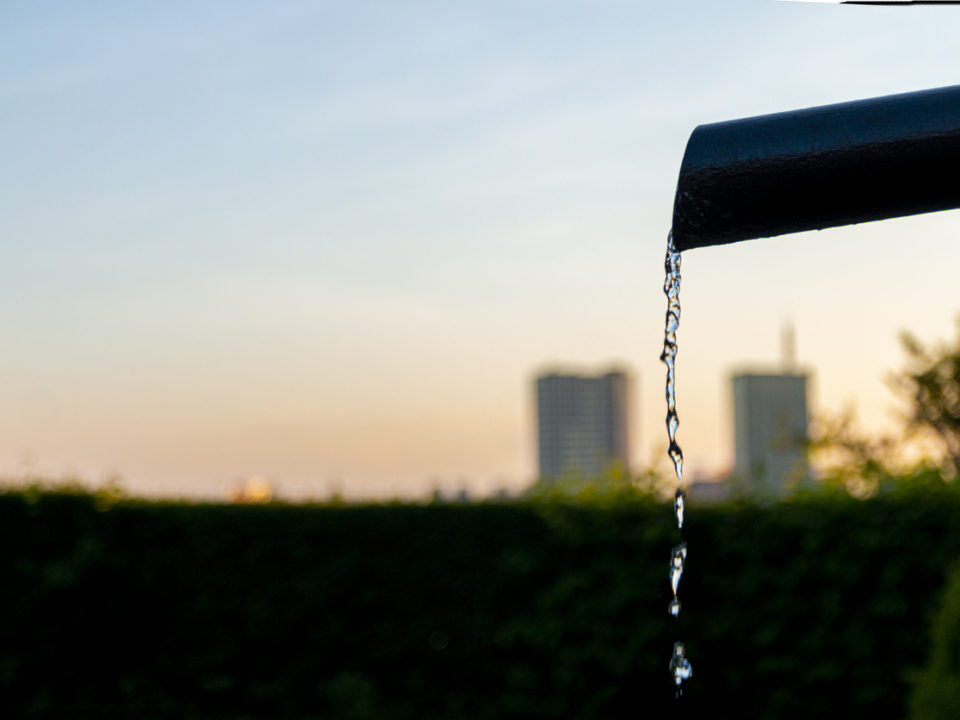
A More Sustainable Pool with Innowater Saltwater Chlorination
12 August, 2025
Key Aspects to Consider When Buying a Saltwater Chlorinator
19 September, 2025We would like to share some maintenance tips for the electrolytic cell of a saltwater chlorinator, an essential component for the proper functioning of any pool equipped with a saltwater system. Over time, these cells can accumulate scale, wear out, and lose efficiency. Regular maintenance of the chlorination cell is therefore crucial to ensure the durability of the chlorinator and keep pool water clean and disinfected.
At Innowater, we provide you with practical advice on how to clean and maintain your saltwater electrolytic cell to optimize its performance.
Why regularly maintain a saltwater electrolytic cell?
- Prevent the buildup of scale and deposits.
- Extend the lifespan of the cell and the chlorinator.
- Maintain optimal chlorine production.
- Reduce the risk of breakdowns and costly repairs.
Steps to clean a saltwater electrolytic cell
1. Inspect the cell regularly
Check periodically for the presence of scale or deposits. A simple visual inspection helps detect problems early before they become serious.
2. Turn off the system before handling
Always switch off the pump and the saltwater chlorinator before removing the cell. This prevents accidents and equipment damage.
3. Disconnect and remove the cell
Carefully remove the cell from its housing to make cleaning and maintenance easier.
4. Let the cell dry
Allow the cell to dry in open air for a few days. Scale may detach on its own. You can gently tap the cell to help dislodge deposits, but never use sharp objects that could scratch or damage the plates.
5. Clean with an acid solution if scaling persists
If scale remains, immerse the electrodes in a diluted hydrochloric acid solution (never pure acid). This method effectively dissolves stubborn deposits.
6. Rinse and dry before reinstalling
Rinse the cell thoroughly with clean water to remove any acid residue, dry the electrical terminals, and place the cell back in its housing.
By following these maintenance tips for the electrolytic cell of a saltwater chlorinator, you will optimize the pool water disinfection process.
Need help maintaining your saltwater cell?
At Innowater, we have a network of specialists who can advise and assist you with the maintenance of your saltwater chlorination system.
More information: www.innowater.es/en/
info@innowater.es
+34 910 228 54




